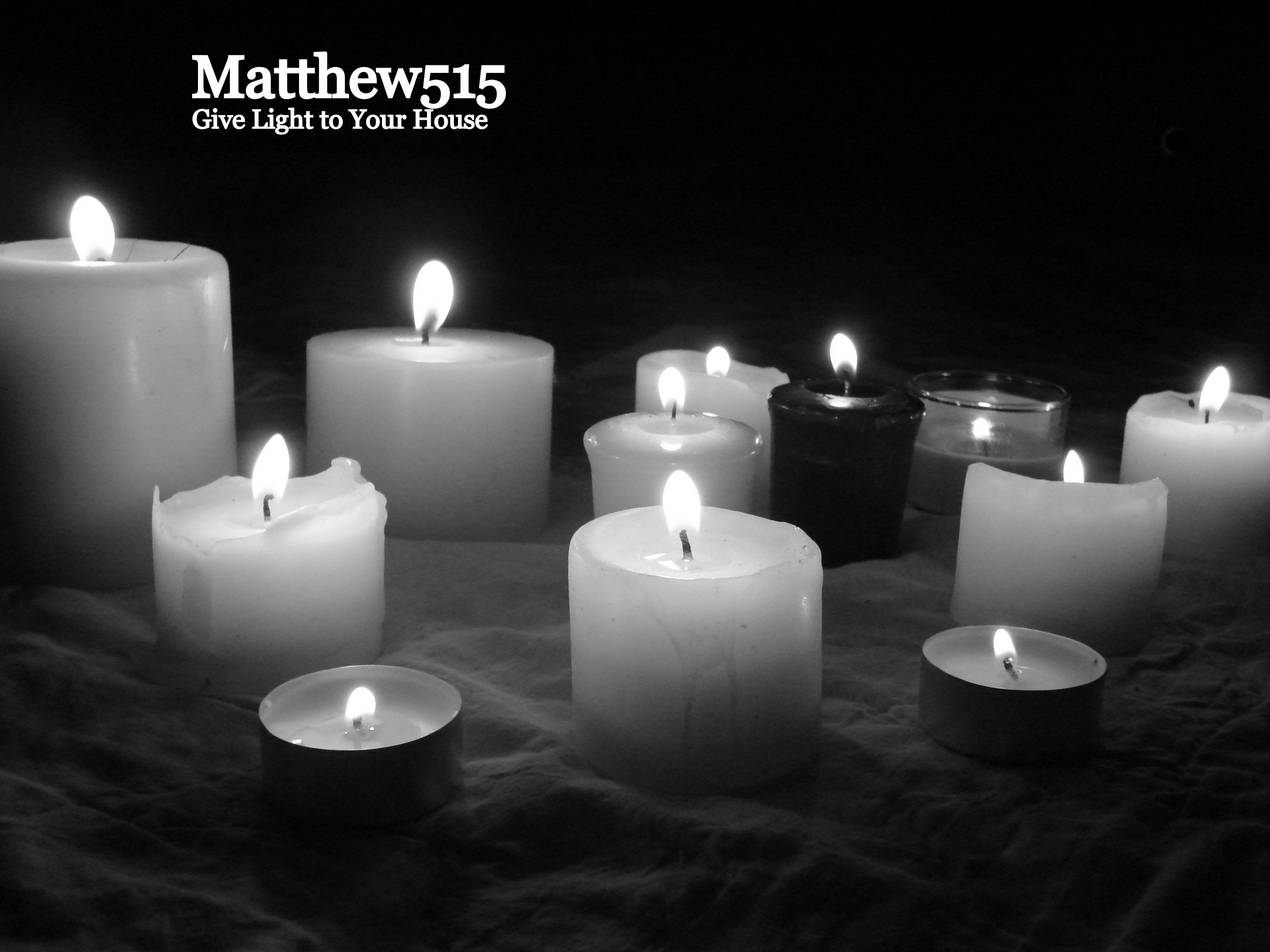 Think back to a time of significance in your life when you know that God was moving and you felt His hand directly. Recall, if you can, the circumstances surrounding the situation and what God did for you. Take a moment to remember how God blessed you and what you learned about Him as a result of His work.
Think back to a time of significance in your life when you know that God was moving and you felt His hand directly. Recall, if you can, the circumstances surrounding the situation and what God did for you. Take a moment to remember how God blessed you and what you learned about Him as a result of His work.
11 I shall remember the deeds of the Lord;
Surely I will remember Your wonders of old.
12 I will meditate on all Your work
And muse on Your deeds.
13 Your way, O God, is holy;
What god is great like our God?
14 You are the God who works wonders;
You have made known Your strength among the peoples.
15 You have by Your power redeemed Your people,
The sons of Jacob and Joseph. Selah.
16 The waters saw You, O God;
The waters saw You, they were in anguish;
The deeps also trembled.
17 The clouds poured out water;
The skies gave forth a sound;
Your arrows flashed here and there.
18 The sound of Your thunder was in the whirlwind;
The lightnings lit up the world;
The earth trembled and shook.
19 Your way was in the sea
And Your paths in the mighty waters,
And Your footprints may not be known.
20 You led Your people like a flock
By the hand of Moses and Aaron. (Psalm 77:11-20 NASB)
In Psalm 77, we see and hear David recalling mighty acts of God. He brings them to mind and he speaks to God about what he is remembering. And not only does he remember them, according to verse 12, he also meditates on them. Meditation implies that David spent time developing a deeper mental and emotional connection to what God had done. He literally imprinted them on his mind and heart so that he might better recall them in the future.
If you follow the progression of these verses we notice David saying that he is making a conscious decision to remember. He then speaks directly to God about what he is doing and the remainder of Psalm 77 becomes both a prayer and a litany of praise to God. After David tells God that he is going to remember he begins to praise God for specific traits (holy, great, wonderful, strong) and then he recounts specific times of deliverance in verses 15 and 20.
Like David, we also would do well to remember. We need to practice being still before God and meditating on all that He has done in and around us. We should focus our mind and heart on specific works that are especially meaningful to us as well as the more general blessings of life. What has God done for you? Even more importantly, what has God done in you?
Every saved child of God has a special story of deliverance and redemption that is unique. Additionally, as we allow the Holy Spirit to teach us and to work in us we have the privilege of seeing His work in a more intimate and personal way. In other words, the closer we get to our Heavenly Father the more we will recognize His handiwork and be able to praise Him for it. Times of remembrance and meditation on His mighty acts become a way we can learn more about His character as well as receive encouragement, comfort and spiritual nourishment.
In my own life, as I continue to cultivate an attitude of thankfulness, recalling the wonderful work of my Lord is as essential as it is awe inspiring. In the busyness of everyday life it becomes very easy for me to develop spiritual tunnel vision and only see what is right in front of me. While it’s important to be fully engaged in my daily life I should never forget Who it is that called me out of darkness or the mountains He has moved for my sake. I will remember, and I will praise Him for His wonderful work.
http://www.youtube.com/watch?v=IkpLN4RAK7M
Do you remember?
